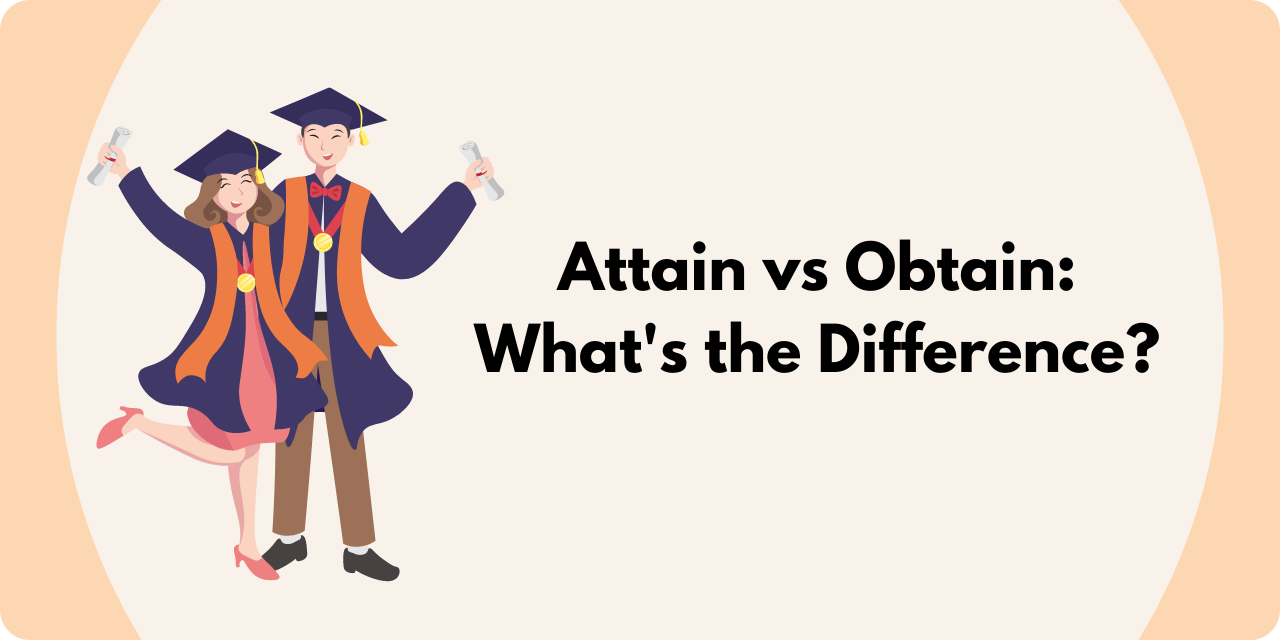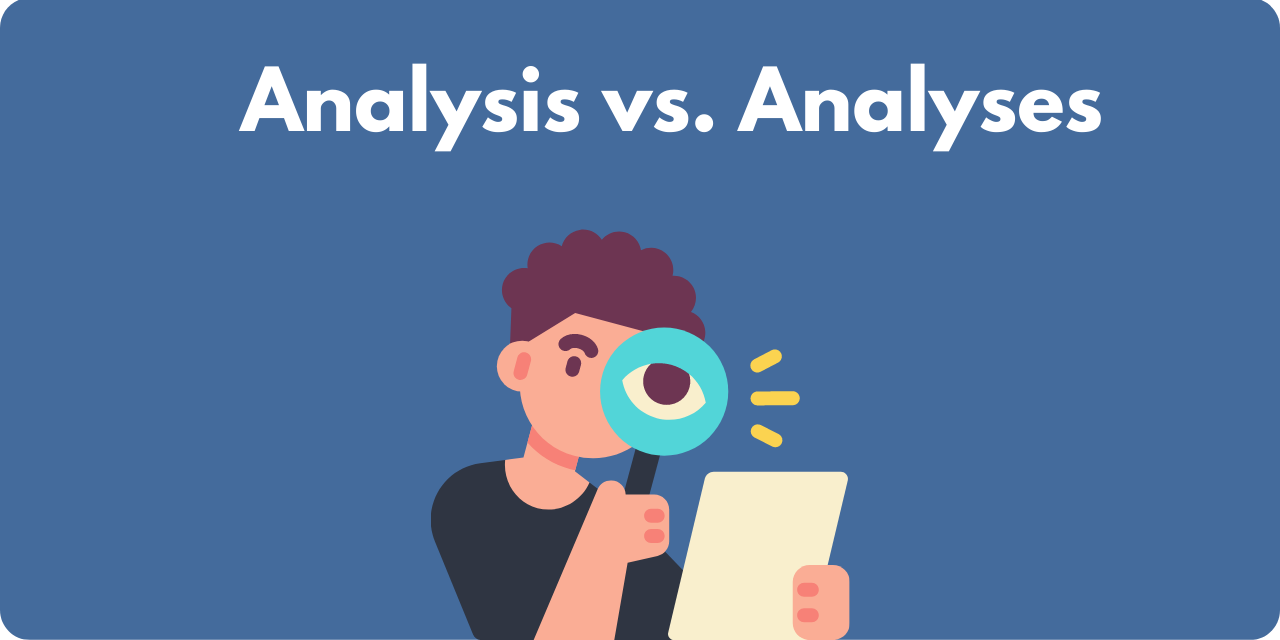Have you ever found yourself uncertain whether to use “nonetheless” or “nevertheless”? You’re not alone! These two words, while sharing a similarity in meaning, often leave people scratching their heads in confusion.
In this article, we will delve into the subtle distinctions between “nonetheless” and “nevertheless,” offering a clear understanding of their usage and providing examples to illustrate their correct application.
Nonetheless vs Nevertheless – The Confusion at Hand
The English language is a vast landscape of intricacies and subtleties. The confusion between “nonetheless” and “nevertheless” is a prime example of how closely related words can lead to uncertainty for even the most seasoned writers and grammar enthusiasts.
Both are compound words that belong to a category known as conjunctive adverbs. They connect independent clauses and serve to introduce an idea that contrasts with or qualifies the preceding statement. However, these words should not be used interchangeably.
Let’s take a closer look at their definitions and nuances so that we can confidently use these words in our communication.
Defining the Difference
Nonetheless, a term derived from the Middle English phrase “none the less,” presents itself as an adverb. It is commonly used to emphasize that despite a situation or contrasting circumstance, the conclusion or result remains the same or as anticipated.
- For example, “The weather was stormy; nonetheless, the team persisted with their outdoor event.”
Nevertheless, on the other hand, shares the same core idea of introducing a contrasting concept but does so with a slightly more formal tone. This word is also an adverb but its usage leans toward emphasizing the continuation of an action or thought despite a contradictory condition. We typically see “nevertheless” in a sentence written in active voice where the subject is the do-er of the action.
- For instance, “The experiment yielded unexpected results; nevertheless, the researchers were undeterred and pursued further investigations.”
Navigating Usage with Examples
To truly grasp the distinction between “nonetheless” and “nevertheless,” let’s explore some correct and incorrect examples of their usage.
Correct Usage:
- “She was exhausted from the long journey; nonetheless, she managed to deliver a captivating presentation.”
- “The project faced numerous setbacks; nevertheless, the team remained resolute in their pursuit of excellence.”
Incorrect Usage:
- “The company’s profits were down this quarter; nevertheless, they managed to exceed last year’s earnings.” (Here, “nonetheless” would be more suitable, as the contrasting element involves maintaining expected performance.)
- “The hikers encountered rough terrain; nonetheless, they decided to turn back due to the difficult conditions.” (In this case, “nevertheless” better fits the context of continuing despite adversity.)
Conclusion
In summary, the confusion between “nonetheless” and “nevertheless” primarily stems from their shared role as connectors of contrasting ideas. However, the distinction lies in the specific kinds of contrast they convey. “Nonetheless” emphasizes maintaining consistency or expected outcomes, while “nevertheless” underscores the persistence of action or thought in spite of opposing conditions.
We hope this article helps you recognize the main differences between these two words so you can feel confident using them in your written and verbal communication!
Quiz Yourself
Now, it’s time to put your newfound knowledge to the test! Choose either “nonetheless” or “nevertheless” to complete the following sentences correctly:
a) The team encountered multiple obstacles; ____, they managed to complete the project ahead of schedule.
b) The conference was informative; ____, some attendees felt it lacked interactive sessions.
c) The chef faced ingredient shortages; ____, the dinner service proceeded without a hitch.
Answers:
a) nonetheless
b) nevertheless
c) nonetheless
Related articles with grammar tips: Knowing the Parts of Speech, Coordinating Conjunctions






